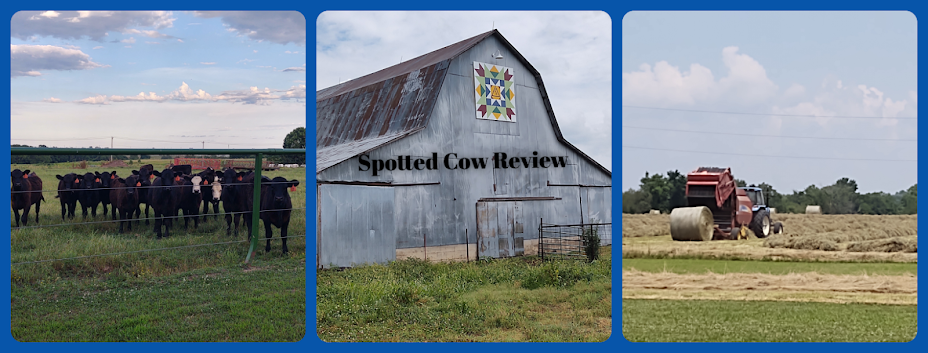After little rain in the month of April, mud puddles and water standing in the pastures and fields is a welcome sight. This has always been a very expected outcome after a good rain in Northwest Arkansas!
Normal Arkansas weather outcomes could become costly if the Environmental Protection Agency, lovingly known as the EPA, and the U.S. Army Corps of Engineers (Corps) get there way in proposing the rule to change the definition of "waters of the U.S." and expand the range of waters that fall under federal jurisdiction.
Can you imagine needing a permit for a mud hole? Sounds silly, but under the proposed rule change, it's not impossible. It goes deeper than just water--it would impact common farming practices that have existed for years. The rule change would make it more difficult for private landowners to farm and ranch, build homes or make changes to the land--even if the changes that landowners propose would benefit the environment.
Even if you live in the city, you can be affected by this rule change because cities and counties would be subject to new rules or standards that will increase the cost to citizens by requiring increased permitting of more ditches that will be more time-consuming and expensive for local and state governments.
You can learn more about the impact of this law change and how you can help oppose this law at
Ditch the Rule.
We already follow rules enacted by the Clean Water Act and the Arkansas Department of Environmental Quality and use best management practices that help us to protect our natural resources for our cows, our family and our community.
I support Ditching this Rule!
#DitchTheRule













